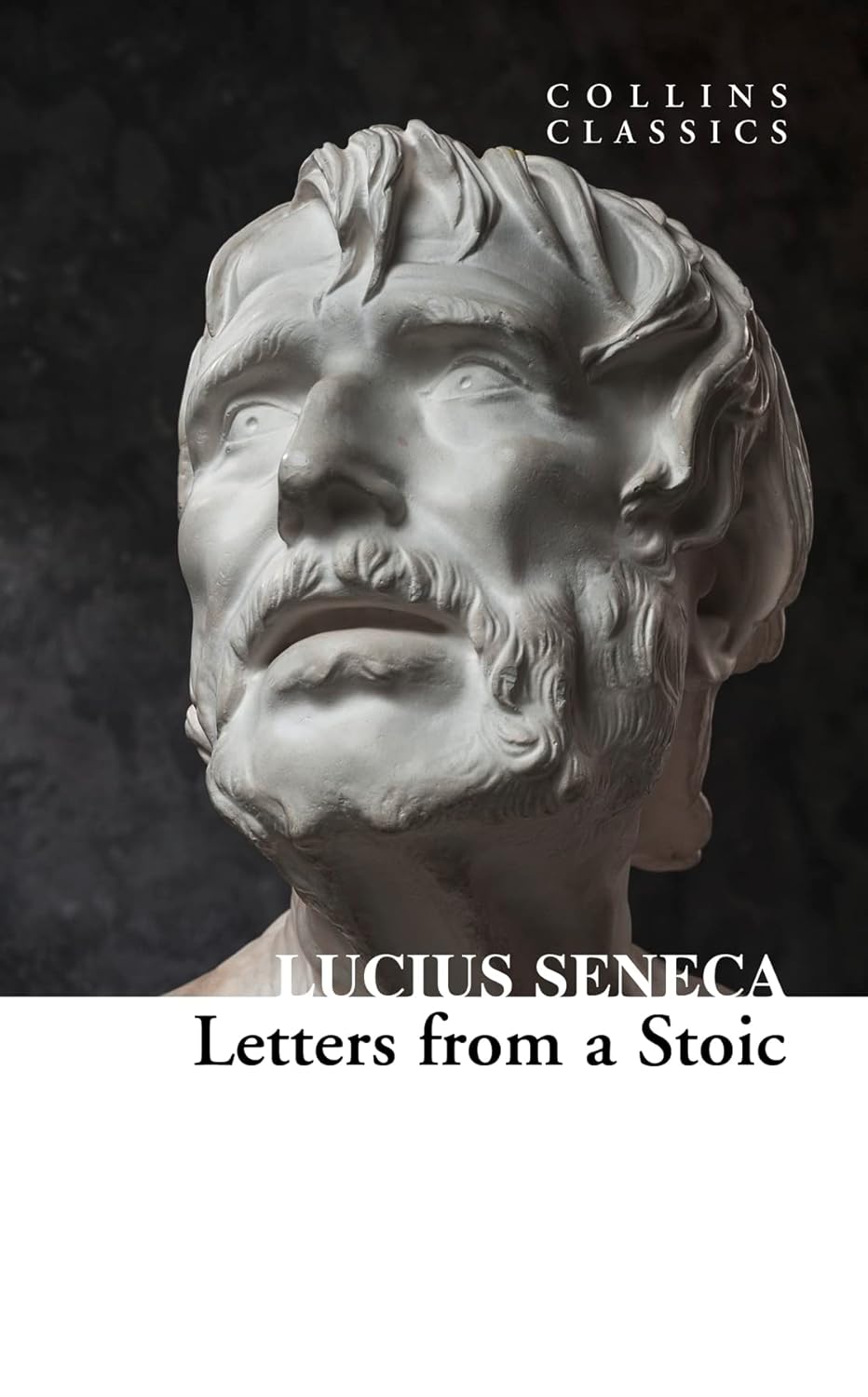The Stoic Mindset: How to Cultivate Resilience and Inner Peace

Introduction
What does it mean to have a Stoic mindset? In a world full of uncertainty, the ability to remain calm, rational, and composed is a rare but valuable skill. Stoicism, an ancient philosophy founded by Zeno of Citium, teaches us how to cultivate a mindset that embraces logic, discipline, and self-control. This blog explores the Stoicism basics, the four virtues of Stoicism, and how you can develop a Stoic mindset in your daily life.
The Essence of the Stoic Mind
Fundamentally, the Stoic mindset is all about concentrating on what we can control and accepting what we cannot. As Marcus Aurelius, one of the greatest Stoic philosophers, once wrote:
“You have power over your mind—not outside events. Realize this, and you will find strength.”
This philosophy is founded on the Stoic virtues:
- Wisdom – Taking rational choices based on reason, not emotions.
- Courage – Overcoming challenges with courage and poise.
- Justice – Acting with fairness and integrity.
- Temperance – Practicing self-discipline and moderation.

How to Develop a Stoic Mindset

1. Understand the Laws of Stoicism
Numerous Stoic philosophers, including Seneca and Epictetus, wrote about the Stoicism laws—unwritten rules that guide us through life. These include:
- Accepting fate (Amor Fati)
- Practicing gratitude
- Embracing discomfort as a means of growth
2. Use Stoic Quotes for Daily Inspiration
Stoic philosophy quotes about love, life, and discipline teach us to be stable in our emotions. Some inspiring quotes are:
Marcus Aurelius quotes: “Dwell on the beauty of life. Watch the stars, and see yourself running with them.”
Epictetus quotes: “It’s not what happens to you, but how you react to it that matters.”


3. Compare Stoicism to Other Philosophies
When comparing Stoicism and Epicureanism, we have two opposing perspectives: Stoicism instructs us to accept adversity and concentrate on virtue, while Epicureanism stresses pleasure in moderation and not enduring pain. Though varying, each seeks inner tranquility.
Stoicism in Daily Life
Living the Stoic life requires facing difficulties with patience and calmness. Utilizing Stoicism in Christianity—though Stoicism is a philosophy and not a religion, its precepts on self-control befit many religious principles. Utilizing The Daily Stoic book can bring wisdom into daily life.
Conclusion
It’s not about repressing emotions—it’s about recognizing them and reacting with reason. With the 4 principles of Stoicism, reading Stoic texts, and living by these philosophies on a daily basis, you can develop inner peace and resilience.

“A Stoic mind is not free from emotion, but free from being ruled by it.”


The Best Magnesium Supplements: A Scientific Overview
One essential component of physical and mental well-being is the mineral magnesium, which plays a crucial role in numerous physiological processes including muscle and nerve function, blood glucose control, and protein synthesis.

A Stoic’s Guide to the Best Organic Coffee
In the pursuit of a serene and virtuous life, the Stoics often emphasized the importance of simplicity and natural living. As we navigate our daily routines, it is crucial to align our choices with these principles, even in the seemingly mundane act of enjoying a cup of coffee.

Best Face Moisturizer For Stoic Beauty
In the pursuit of a serene and balanced life, our skincare routines can serve as a daily reminder of simplicity and natural beauty. Stoicism teaches us to focus on what is essential and to find peace in simplicity.

Letters From A Stoic by Seneca
“Letters from a Stoic” is a collection of 124 letters written by the Roman philosopher Lucius Annaeus Seneca to his friend Lucilius. These letters, often referred to as the “Epistulae Morales ad Lucilium,” are a significant part of Seneca’s philosophical legacy and provide insights into Stoic philosophy and practical wisdom.
